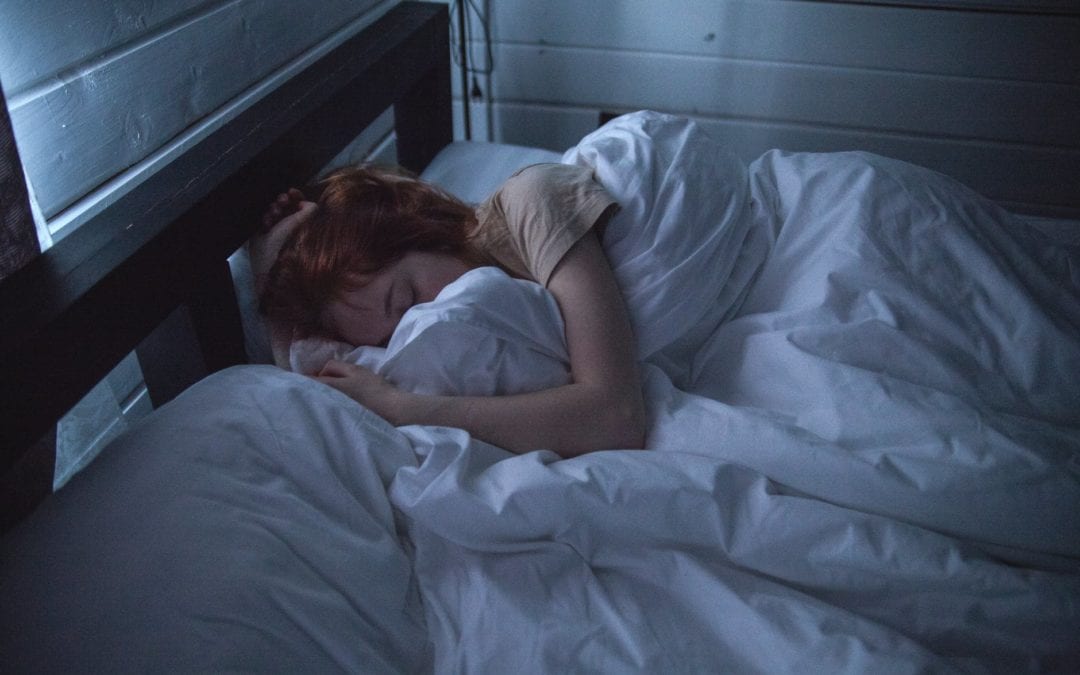By: Allan G. Cooper
If you have 2 broken legs, climbing a hill would be extremely difficult. Even if you were a motivated person with an exceptional level of discipline, the physical damage to your legs would prevent you from making any progress.
Bipolar Depressive Episodes are similar because are bodies our physically unable to function properly when they occur. Fundamentally, Bipolar Disorder is a physical illness with psychological symptoms, not a psychological problem with physical symptoms.
Prior to my first manic episode in 1995, I had times in my life when I felt depressed. I felt depressed when my pet parrots died. I felt depressed when my parents got divorced. I felt depressed when at the conclusion of a socially successful first year at University I found out I failed Anthropology. These are all healthy emotional responses to events that took place in my life.
Bipolar Depressive Episodes are completely different. It includes the awful feeling of depression and so much more. My first depressive episode was the worst thing I have ever experienced. Despite the fact that I have a bachelor’s degree in Psychology nothing could have prepared me for that period in my life. I could not have even imagined that this type of suffering could even exist.
During a bipolar depressive episode, a lot of the human part of human existence is removed. All of my senses worked and my ability to move my limbs was fine but that was close to the limit of my capacity to interact with my environment.
During that time, I could tell you all of the colours in a bouquet of flowers but I would not be able to appreciate its beauty. I could tell you if food was salty, sweet or sour but I would not be able to enjoy the taste. I could tell the difference between Country, Jazz or Hit music but I would not be able to experience the music beyond that.
The fatigue was awful. I had to use both hands to brush my teeth and I only had the energy and appetite to eat a bun with butter and some milk everyday. I remember the day I was able to make a whole sandwich for the first time distinctly because it was such a surprise.
Like most people who go through this, I spent a great deal of time in bed. I was so tired and sleepy that I didn’t have the energy to do anything. I experienced a significant amount of physical pain so the warmth of staying under the covers helped me feel better.
In my opinion, the word “depression”, when it is used in reference to mental illness, is contributing to the stigma that people who have bipolar have to face. Those of us who have the illness will often hear well meaning-comments like: “when I feel down I take an extra vitamin B”. or, “when I feel depressed I go to a comedy club”. or, “when I am sad I spend the day watching Netflix and drinking wine.” Just like none of these things would help a broken leg they won’t help us.
There is no quick fix for getting out of a depressive episode. To get back to wellness your physical symptoms need to be dealt with. This includes finding the right medication
and physical activity that is realistic given the severity of your symptoms. Also, regular visits to a specialized medical doctor called a psychiatrist will be necessary.
This does not mean that therapy and other forms of balanced health practices have no value for people who have bipolar. Our illness is chronic so our energy to deal with life can be limited. Therapy can help us by reducing the stress from past traumatic experiences and it can give us tools to manage our symptoms more effectively.
People who have Bipolar Disorder have made tremendous contributions to society and I have had the pleasure of meeting some of them. If there was an increased understanding of the physical nature of Bipolar Disorder not only would that help those of us who have it thrive but it would also be a reflection of a society that is invested in fostering compassion and understanding.
The content of the International Bipolar Foundation blogs is for informational purposes only. The content is not intended to be a substitute for professional medical advice, diagnosis, or treatment. Always seek the advice of your physician and never disregard professional medical advice because of something you have read in any IBPF content.


